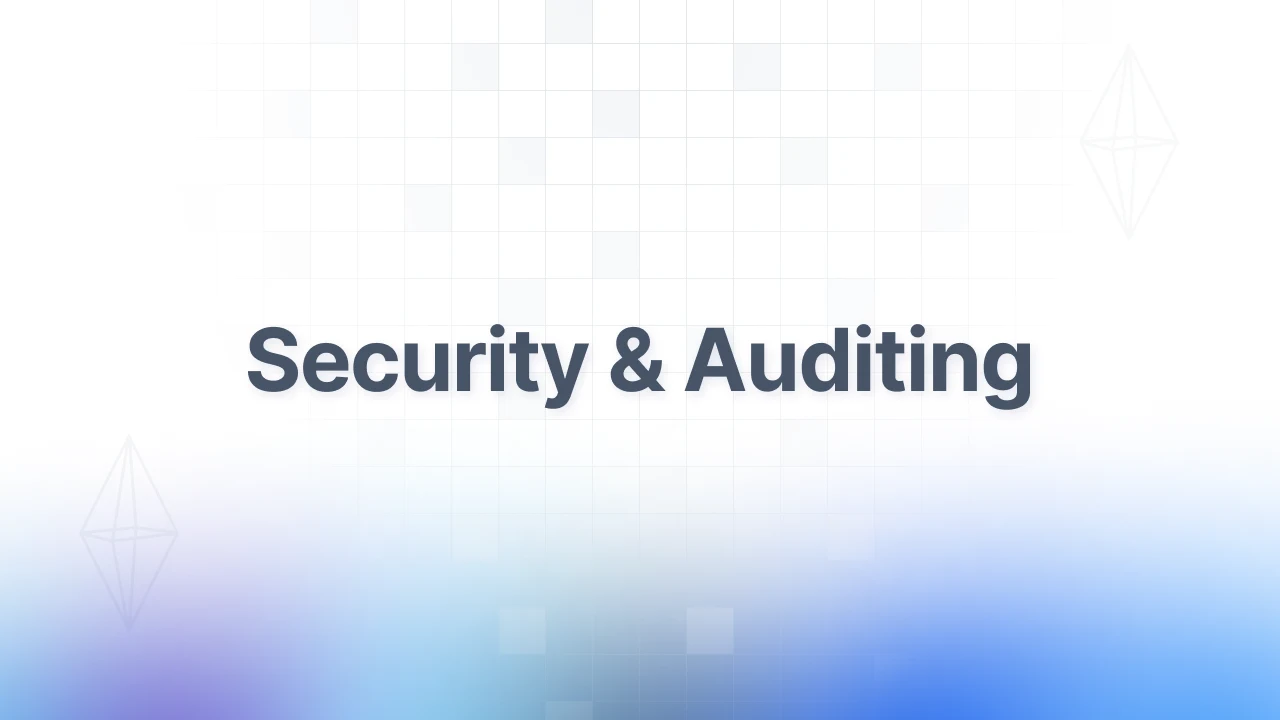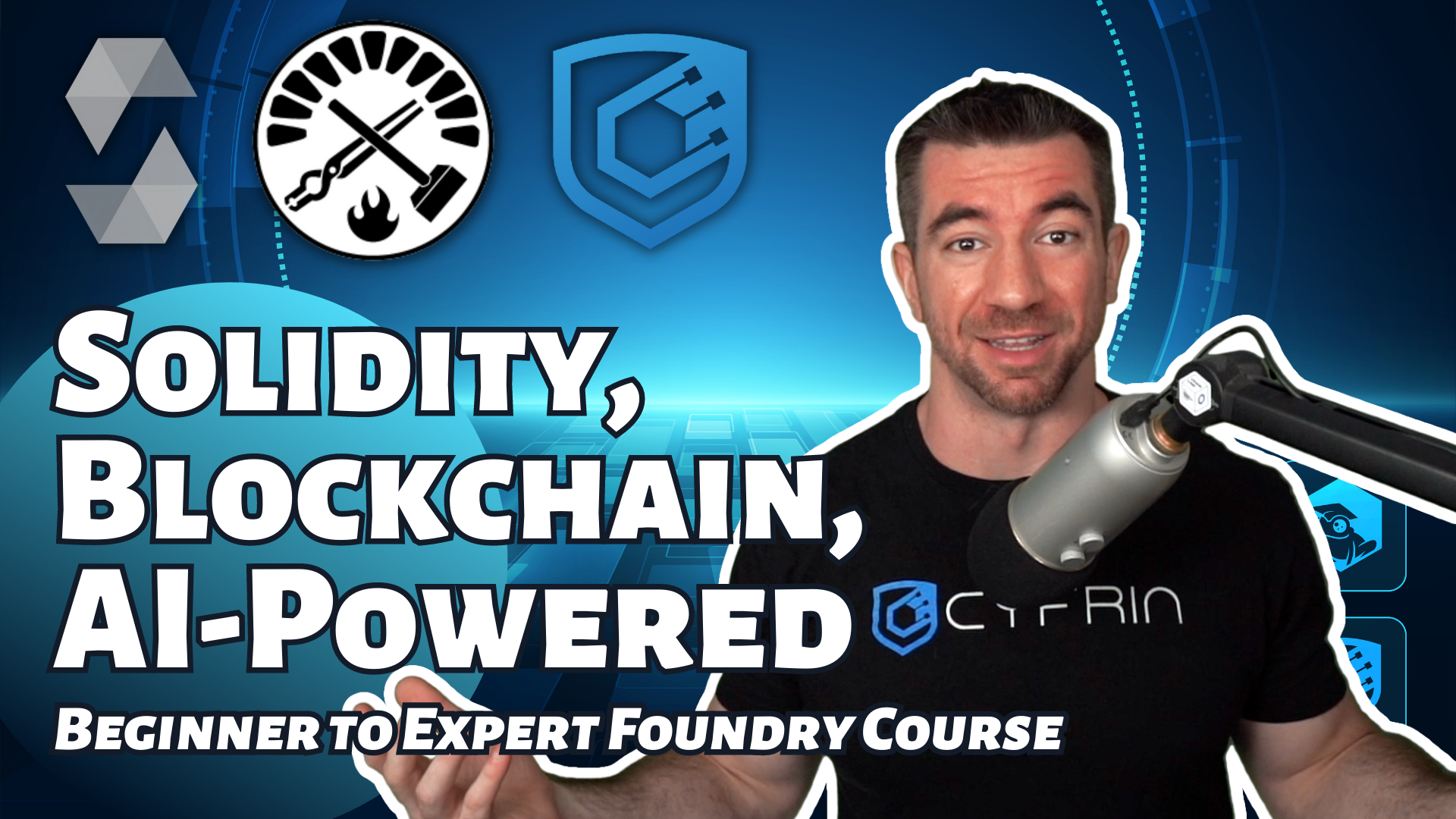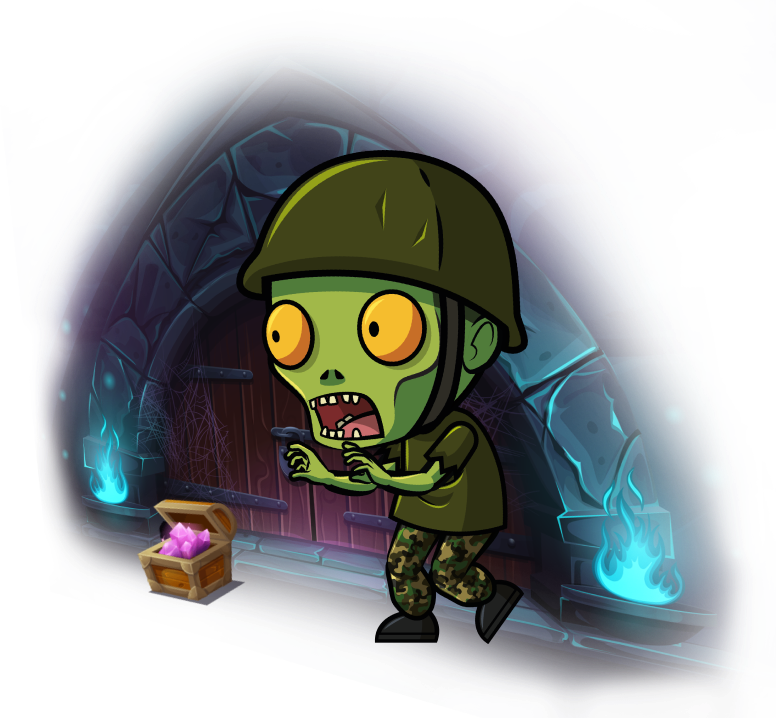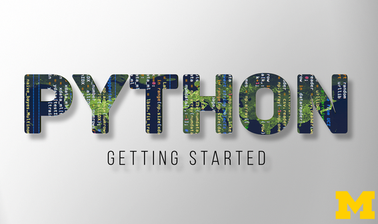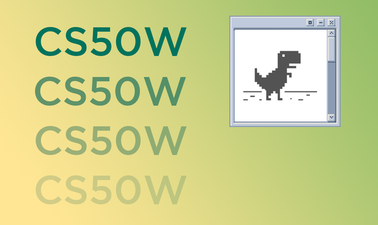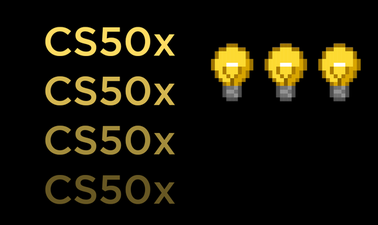Other「Usefull links」
I have created a repository to share useful links with other
peoples.
It might be helpful for studying and practicing new
technologies. This is because starting something new is always
troublesome, and it can be difficult to understand new concepts
at first. I have decided to compile a list of links I have
collected so far. Most of the resources are in English, but
there are ways to translate everything currently.
The list includes academic-level courses, tools, and games for
development learning.
Examples:
- A war game for learning JavaScript
- An RPG game for learning HTML
- SA detective game where you find suspects and murderers while interacting with a database in SQL
- Games for hacking challenges and learning advanced concepts in Solidity
- And more
Repeating commands, revisiting concepts, and occasionally having fun at the same time is a good way to learn things.
View Github repo
